Case Law Details
The facts, as stated by the petitioners, are as follows:-
The first petitioner is an Association of Chartered Accountants, registered under the Societies Registration Act, 1860. Petitioners no.2 to 6 are said to be practising Chartered Accountants. The petitioners seek to challenge the amendment to Section 63 of the Karnataka Co-operative Societies Act, 1959 (Hereinafter referred to as the ‘KCS Act’, for brevity), whereby auditing of accounts by Cost Accountants of a firm of Cost Accountants is permitted.
It is asserted that the KCS Act was enacted by the State Legislature as legislation in respect of the subject ‘co-operative societies’, which finds place under Entry 32 of List II of the Seventh Schedule to the Constitution of With the 97th Constitutional Amendment Act, 2011, having received the assent of the President of India, and with the introduction of Articles 243ZH to 243ZT, inter- alia, required the State legislatures to introduce a law with a mandate that every co-operative society shall maintain accounts and audit such accounts in each financial year and such audit was to be done by an Auditor or an Auditing firm.
Consequently, the KCS Act was sought to be amended by the Karnataka Amendment Act no.3 of 2013. Section 63 was amended to make auditing of the accounts of co-operative societies compulsory. The auditing was to be assigned to departmental auditors or to Chartered Accountants. This was made to bring the provision in consonance with the 97th Amendment to the Constitution.
It is the case of the petitioners that succumbing to the pressure of lobbying and political pressure, brought by the members of the Cost Accountants fraternity, the State Legislature sought to bring a further amendment to Section 63 of the KCS Act, by Act no. 35 of 2014. By the said amendment, the definition of ‘auditor’ was enlarged to include a Cost Accountant, within the meaning of the Cost and Works Accountants Act, 1959. This action on the part of the legislature, according to the petitioners, permitted Cost Accountants to do the work of auditing thereby encroaching on the profession of Chartered Accountants, which would run counter to the 97th Amendment as well as the Chartered Accountants Act, 1949.
The petitioners contend that the State legislature has overlooked the classification of two distinct classes of professionals. A Chartered Accountant is governed by the Chartered Accountants Act, 1949, whereas a Cost Accountant is governed by the Cost and Works Accountant Act, 1959. The petitioners have depicted the distinction between the two professions, in a tabular form, thus :
| CHARTERED ACCOUNTANT | COST ACCOUNTANT |
| Thorough knowledge of every aspect of accounting, auditing and taxation | Knowledge of cost and financial management to ensure a fine balance between expenditures and available recourses |
| CAs are involved in core accounting work of an organisation | Cost accountants are involved in the costing part of financial transactions |
| CAs analyse risk and design efficient financial system | Cost accountants assess the feasibility of projects vis-à-vis available funds |
| Taxation and auditing are main duties of a Chartered Accountant | Cost management and designing cost control methods are main duties of a Cost Accountant |
Attention is drawn to the provisions of the Companies Act, 1956, The Income Tax Act,1961 and the Multi-State Co-operative Societies Act, 2002, where under there are special references to the role exclusively conferred on the Chartered Accountants, all of which fortify the stand of the petitioners that the State legislature could not therefore permit the Cost Accountants to entrench upon the profession of the Chartered Accountants, which is the direct consequence of the impugned amendment.
It is in this vein that the grounds urged in the writ petition are sought to be highlighted by the learned Senior Advocate, Shri M.V. Seshachala, appearing for the counsel for the petitioners.
The learned Additional Advocate General, Shri A.S.Ponnanna appearing for the State would contend that in the co-operative sector of the State, there are co-operative sugar factories, co-operative spinning mills, co-operative industrial societies, etc., wherein costing work plays an important role and considering the syllabus, a Cost Accountant has to go through and it was found that even a Cost Accountant has adequate knowledge of Accounting principles and Accounting Systems and taking into account the serious shortage of professionals available for carrying out the audit work of co-operative societies, it was found to be a dire need to include Cost Accountants and Cost Accountant firms within the meaning of Auditor and Auditing firm in Section 63 of the KCS Act.
Shri Udaya Holla, Senior Advocate, appearing for the counsel for the impleading applicants, would contend that the petitioners have suppressed the fact that they had earlier filed a writ petition on identical grounds before the Dharwad Bench of this Court and the same having been dismissed, the petitioners are precluded from presenting the present On merits, it is pointed out that the petition is misconceived as the Curriculum of the Cost Accountants is similar to that of Chartered Accountants and the services rendered by both are almost similar and various Central and State enactments empower auditing being carried out by the Cost Accountants. A list of 46 such statutes are specified in the statement of objections. There is also a comparative table of the Curriculum, pedagogy and practical training of Cost Accountants and Chartered Accountants to demonstrate that the Cost Accountants are competent to carry out auditing work.
Reliance is also placed on the respective commentaries by the learned authors S.P. Iyengar and M. Hanif, to indicate the relationship between cost accounting and financial accounting. To assert that all Cost Accountants are competent to carry out auditing, which would encompass within itself both the costing aspect as well as the financial statements of an entity.
On a careful consideration of the rival contentions, it is not evident that by virtue of the impugned amendment, a Cost Accountant has been enabled to carry out functions which can only be performed by a Chartered Accountant. This is statutorily governed and there can be no entrenchment on such functions. It is not the case of the petitioners that auditing the accounts of a co- operative society is the exclusive domain of Chartered Accountants. If that be so, there is no ground for challenge made out.
The petitions are accordingly dismissed.






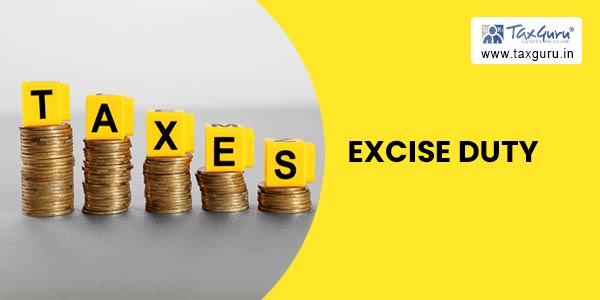



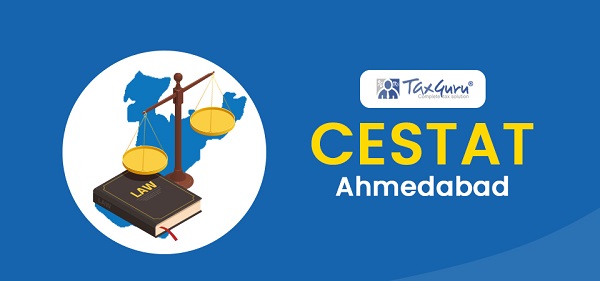



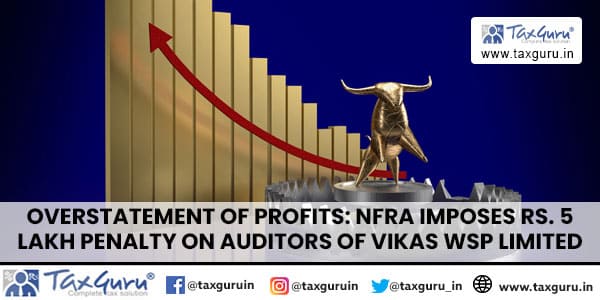
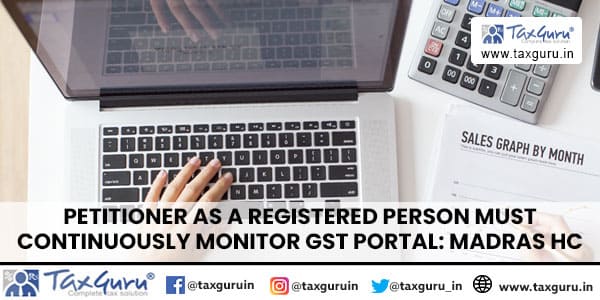
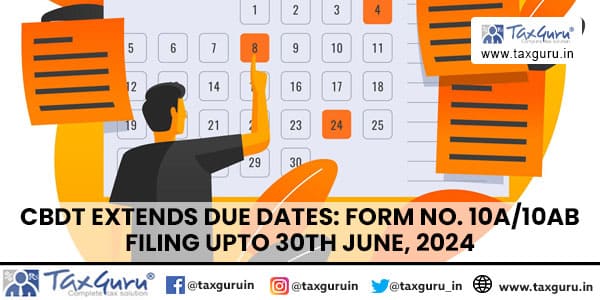





Dear Mr millind parte, a request to u to ask PCAOB to debar the cost accountant from financial audit in us, can u for sure in writing declare that I can also pass CMA, I have seen many students who were never as competent in school but then they r u very well know, it is the due diligence, percussion, intelligence quotient and grasp in the subject which comes into play, do not be afraid it was because of u that Indian economy has failed, come and compete in the open market, u should thank the situation in 1961, that made u all fortify the tax audit and financial aid it as there were very very few cost accountant, we have got financial audits in central and state cooperative banks ,some of them may be bigger than govt / private banks, we have surrounded u from all sides , victory is not far just wait
There should not be any discrimination in the professional field when one state has accepted the service of CMA in case of Cooperative Audit other states also should follow the same. Respective ministries are to be informed in this regard.
why r CA’s afraid of CMA’s? why can’t CMA’s audit. They too learn the same subjects & same topics. Then why is this discrimination?
Something unexpected